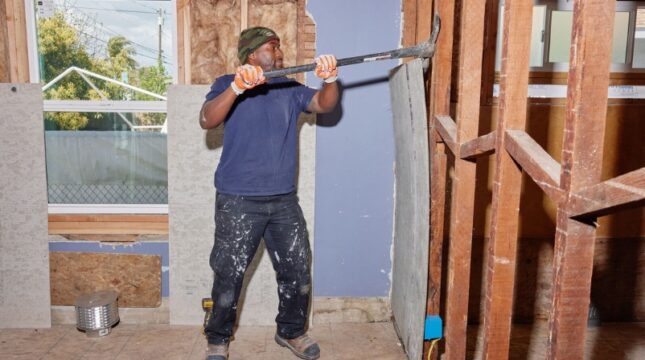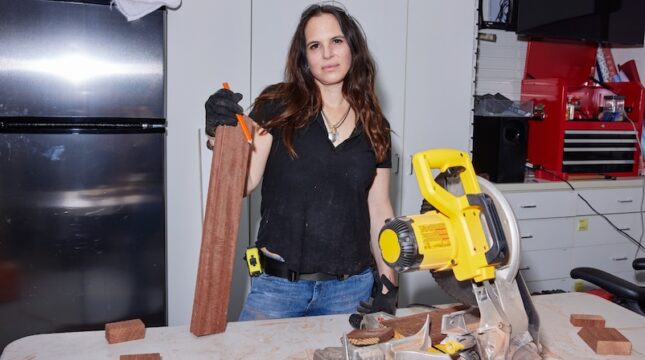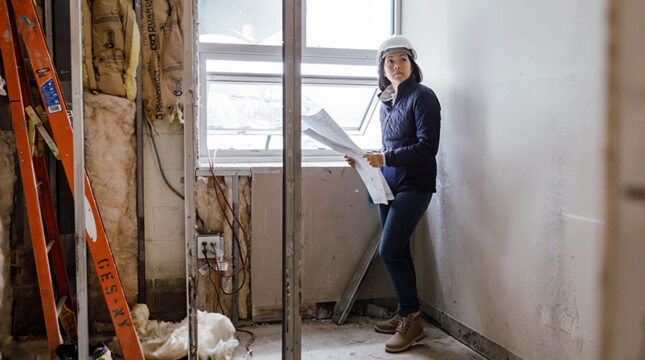Common challenges for obtaining a license
Because every local area sets its own licensing requirements in Colorado, it can be challenging to navigate the application process. Some areas require licenses at the city level, while others manage them at the county level.
Some jurisdictions provide information and FAQs online, while others handle contractor license applications primarily in person. To minimize delays in processing your application, visit your local office as soon as possible before your project starts.
Get to know the government employees who can be a helpful resource in both obtaining your license and facilitating the process.
Colorado license renewal requirements
Most general contractor licenses in Colorado will need to be renewed every one to three years. Common requirements include:
- An application.
- Renewal license fee.
- An updated certificate of insurance coverage.
Some local areas may have additional renewal requirements, such as a codes exam to test knowledge of recent building code changes. Most jurisdictions will also deny renewals for contractors with unresolved building code issues.
Insurance requirements for Colorado general contractors
Getting business insurance in Colorado is a must for contractors. Here are the most common types of coverages:
General liability insurance
Contractors are generally required to show proof of coverage for a minimum level of liability insurance in Colorado to receive a license. The exact coverage amount can vary by license type, location or type of work being performed.
Most areas require a general liability policy with at least a $100,000 policy limit to get a license. Urban areas or areas with larger building contractor projects may require higher coverage levels.
Here are a few examples of liability insurance requirements for various locations in Colorado:
Pikes Peak Regional Building Department requires general contractors holding a Class A license to carry $500,000 in combined single limit liability and contractors holding a Class B or C license to carry $300,000 in combined single limit liability insurance.
Larimer County requires general contractors holding a Class A, B or C license to hold $1 million in combined single limit liability insurance. Or contractors holding a single trade license, roofing license or mechanical license must hold $300,000 in combined single limit liability insurance.
The City of Longmont requires general contractors to hold $1 million in combined single limit liability, $2 million in general aggregate liability and $2 million in products completed aggregate liability insurance.
Workers’ Compensation insurance
The state of Colorado requires all employers to have workers’ compensation insurance. When employees become ill or injured at work, workers’ compensation can help cover medical expenses and lost wages.
Tools and Equipment insurance
Contractors can repair or replace job-related tools with tools and equipment insurance. This coverage can cover loss or damage from fire, theft, vandalism and more.
Commercial Auto insurance for general contractors
Commercial auto insurance is not required for all general contractors. However, Colorado state law requires any business owners that have company-owned vehicles to carry commercial auto insurance. The amount of coverage required depends on the size and use of the vehicle.
Colorado mandates the following minimum coverages:
- $25,000 for each person in an accident;
- $50,000 for all persons in any one accident; and
- $15,000 for property damage in any one accident.
Commercial Property insurance
Commercial property insurance can help protect the property you rent or own for your business by providing coverage for damage and vandalism.
How NEXT supports Colorado general contractors
NEXT Insurance helps small business owners find the right business insurance coverage for local requirements at an affordable price.
Use our painless online process to explore options, purchase coverage and access your certificate of insurance in a matter of minutes. If you have questions, our U.S.-based licensed advisors are standing by to help.
Get an instant quote today.
Do you have projects in a different U.S. state? Visit our summary of general contractor license requirements in every state.
This information has been provided as a service. It is correct and up-to-date to the best of our knowledge; however, it is in no way intended to offer legal advice and you must always consult with local authorities before you make any business decisions. Regulations and requirements may change at any time.







